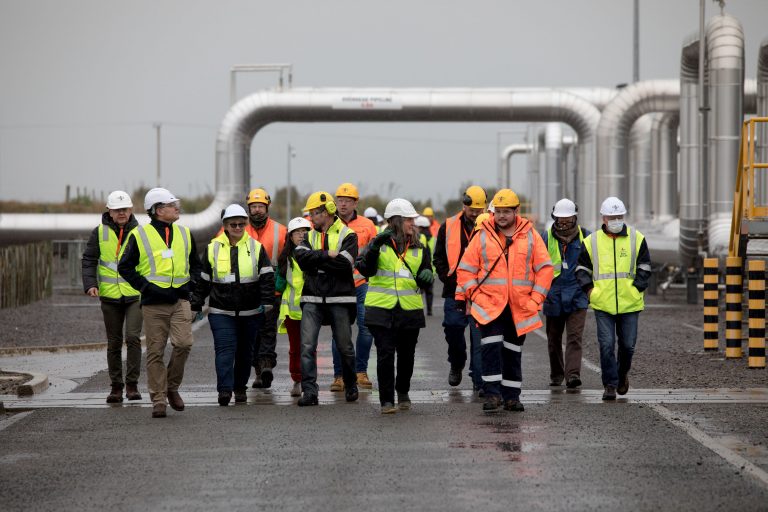The recently concluded New Zealand Geothermal Week focused on new developments in the country’s world-class geothermal industry.
Strong economic growth is not automatically consistent with sustainability, and companies and industries need to think broadly about the environment and the communities in which they operate in the long term. It was an important message New Zealand Geothermal Week Last month, it highlighted New Zealand’s world-class geothermal industry and its work to support a sustainable energy future in New Zealand.
Presenters shared their companies’ views on sustainability and the “quadruple bottom line” where geothermal energy can achieve economic, environmental, cultural and social goals.
New Zealand Geothermal Association CEO Kennie Tsui said the geothermal industry has a strong commitment to ensuring their presence benefits local communities, iwis, other businesses and the environment.
New Zealand Geothermal Week was held in Taupo, the center of New Zealand’s geothermal industry, where 95% of New Zealand’s geothermal energy is located and approximately 17% of New Zealand’s total electricity generation.
“We kicked off the week with a showcase of the new Te Pae or Waimihia Local Trust, which offers custom builds for businesses looking to contribute to the new 45 hectare He Ahi Green Energy Park, Contact Energy geothermal and sustainable energy future,” Sui explains.
“The development recognizes the relationship and role of local Māori in geothermal as captives, owners, investors, operators and employees in the industry, and demonstrates how the industry strives to reflect Māori values in its design and operations.
Field trips to the Mercury and Contact Energy power station sites highlight New Zealand’s world-class geothermal generators, including the $818 million, 168MW Tauhara power station, which will start operating late next year.
Industry visitors on a field trip to Mercury’s Ngatamariki site (Source: NZ Geothermal Week)
Contact Energy Geothermal Resources and Development General Manager Mike Tunstall said it is an exciting time for the geothermal industry to not only look at future economic development opportunities for local communities, but also the key role geothermal energy can play in New Zealand achieving its decarbonisation. goals.
The highlight of the week was the New Zealand Geothermal Society Winter Symposium, with a record attendance of over 160 delegates from across New Zealand. Among the invited speakers were Hon’ble Dr. Megan Woods, EECA Executive Director Andrew Casely and New Zealand Institute of Directors Executive Director Kirsten Patterson were among the experts in the energy sector and professional fields.
The Geothermal Society of New Zealand also hosted a lavish party to celebrate its 30th anniversary. During the ceremonies, the New Zealand Geothermal Association Board awarded QSM Aroha Campbell with Life Membership in recognition of his contribution to Maori involvement in geothermal development.
Organized New Zealand Global Warming Week Multiplier, Taupo District Economic Development Agency. New Zealand Geothermal Week has 18 events designed for professionals from the geothermal industry, business sector, politicians, schools and local communities.
Over the next month, Amplify will continue its efforts to spark interest in STEAM and geothermal among youth through GNS science competitions and behind-the-scenes tours of schools in Taupo, Rotorua and Kawerau districts. Geothermal companies in the Taupo district.
The events are expected to reach around 1,400 students from the Waikato, Bay of Plenty and Hawke’s Bay. The multiplier and industry sponsors and hosts hope to inspire young people to consider a future career in the geothermal field.
Source: Email correspondence

“Typical beer advocate. Future teen idol. Unapologetic tv practitioner. Music trailblazer.”


